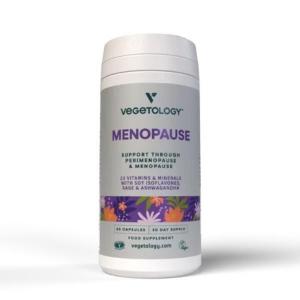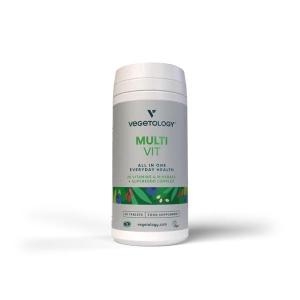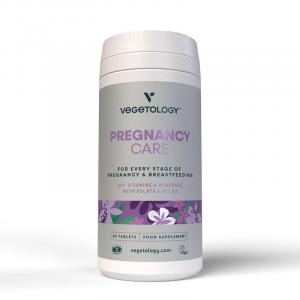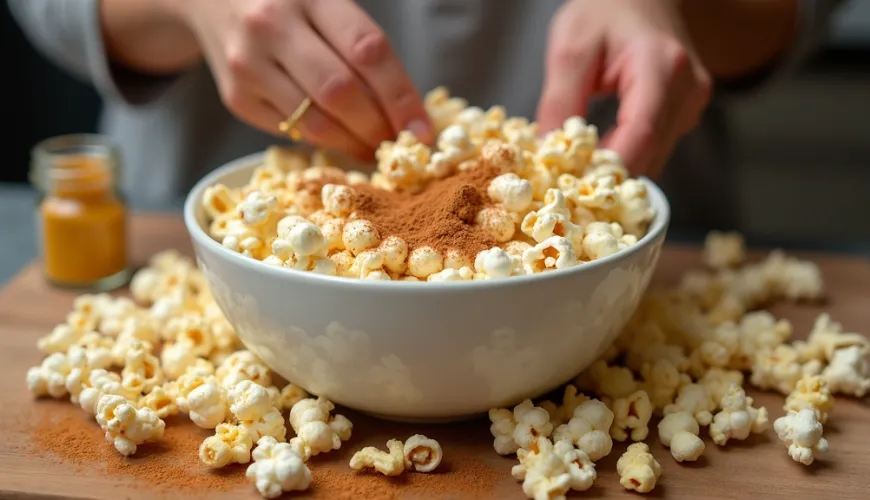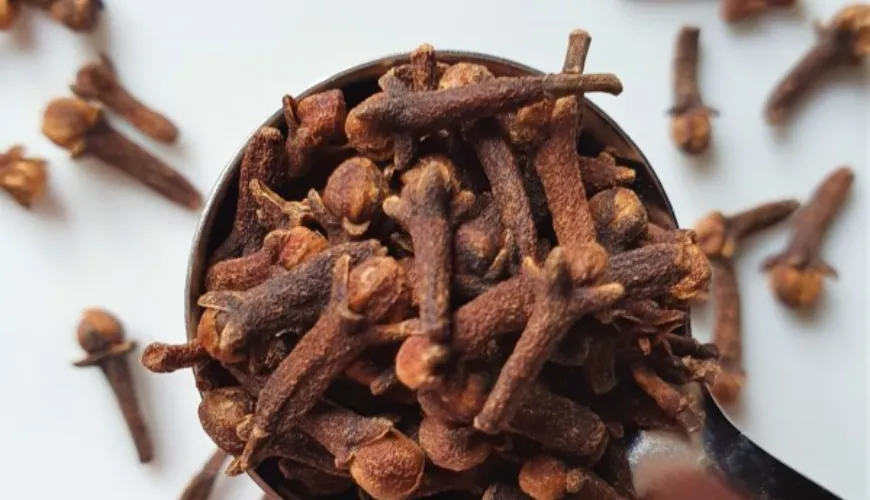
Discover the Healthiest Sweetener and How It Affects Your Health
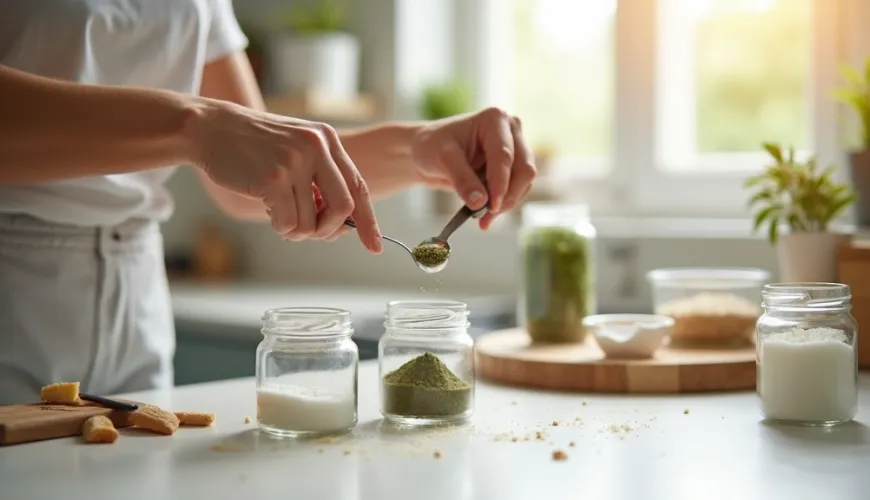
Searching for the Healthiest Sweetener - A Closer Look at Natural vs. Artificial Sweeteners
The sweet taste is one of the strongest sensory experiences. It accompanies us from childhood, associated with rewards, comfort, or celebration. But in an era where more people are striving for a healthier lifestyle and monitoring sugar intake, the question arises: What is the healthiest sweetener? And is there a sweetener we could use without guilt?
Choosing the right sweetener is not just a matter of taste, but also of health, sustainability, and overall impact on the body. With an abundance of options from natural to artificial sweeteners, it can be confusing to recognize which sweetener is truly the healthiest. This article aims to untangle the sweet jungle and provide answers that will help you decide.
Sugar - The Beloved Culprit
Before we look at substitutes, it's good to remember the main culprit that most health-conscious people try to replace – refined sugar. While it provides instant energy and irreplaceable taste, it also contributes to a range of health issues, including obesity, type 2 diabetes, tooth decay, and inflammatory diseases.
The World Health Organization (WHO) recommends limiting added sugar intake to less than 10% of total daily energy intake, ideally even less than 5%. This corresponds to about 25 grams, roughly six teaspoons of sugar per day. However, in practice, many people exceed this limit, often unknowingly, through industrially processed foods.
Hence, the interest in sweeteners that can mimic the taste of sugar, but without its negative effects, is growing.
Natural Sweeteners - Sweetness from Mother Nature
Natural sweeteners are often the first choice when looking for healthier alternatives. They do not contain synthetic chemicals and come from plant sources. However, there are differences among them.
Honey
Honey is traditionally considered a healthier sugar substitute. It has antibacterial properties, contains enzymes, minerals, and antioxidants, if in its raw, unpasteurized form. Nevertheless, it must be handled carefully – it is very caloric and has a high glycemic index (around 60), meaning it significantly raises blood sugar levels.
Maple Syrup and Molasses
Like honey, both types of syrup have their advantages. They contain minerals such as calcium, iron, or potassium, and are less industrially processed than refined sugar. Maple syrup has a lower glycemic index (around 54) than sugar, but again – less is more.
Date Syrup and Paste
Dates are naturally sweet and rich in fiber, B vitamins, iron, and antioxidants. Date paste or syrup is an excellent sugar substitute in baking or porridge. Due to their fiber content, they do not cause such sharp spikes in glycemia as pure sugar.
Try our natural products
Coconut Sugar
Coconut sugar is made from the nectar of coconut palm flowers. It has a lower glycemic index than white sugar (around 35), contains trace amounts of minerals and inulin – fiber beneficial for the gut microbiome. The disadvantage can be a higher price and a not entirely negligible calorie content.
Stevia
From a health perspective, stevia is among the healthiest natural sweeteners. It comes from the leaves of the Stevia rebaudiana plant, is up to 300 times sweeter than sugar, but contains almost no calories and has a zero glycemic index. Additionally, it does not negatively impact blood sugar levels, which is especially appreciated by diabetics.
Some people may find its taste, which can be slightly bitter or licorice-like, difficult to get used to. The quality of commercial stevia products also varies – it's ideal to choose the least processed versions without artificial additives.
Artificial Sweeteners - A Scientific Alternative with Question Marks
Artificial sweeteners were created as a response to the need for sweet taste without calories. Among the most well-known are aspartame, saccharin, sucralose, and acesulfame K. These substances are commonly used in diet drinks, low-calorie foods, and dietary supplements.
While some studies confirm their safety even with long-term use, others question their impact on the gut microbiome, appetite, and metabolism. For example, research published in the journal Cell (2022) showed that some artificial sweeteners can affect the composition of gut bacteria and thus indirectly affect blood sugar levels.
For this reason, it is difficult to designate any of these substances as the healthiest artificial sweetener – safety seems to depend on dosage, genetics, and individual microbial makeup. If you use them, it is advisable to stick to the recommended daily limits set by European and global food authorities.
Erythritol and Xylitol - Sugar Alcohols with Surprising Benefits
On the border between natural and artificial sweeteners are so-called sugar alcohols. Do not imagine alcohol in the true sense – these substances have a chemical structure similar to sugars, but the body metabolizes them differently.
Erythritol stands out for having an almost zero glycemic index, does not affect blood sugar levels, does not cause tooth decay, and is practically calorie-free. Moreover, it is well tolerated even at higher doses, unlike other sugar alcohols.
Xylitol is also popular – almost as sweet as sugar, but with fewer calories and low impact on blood glucose levels. It even has a positive effect on dental health. However, caution is needed, as it can cause digestive issues in some people when consumed in larger amounts.
So Which Sweetener is the Healthiest?
The answer to this is not entirely black and white – much depends on what exactly your body needs, your health condition, and your lifestyle. Generally, it can be said that among the healthiest sweeteners are stevia, which the body almost does not register due to its zero glycemic index and calories, erythritol, which does not raise blood sugar and is well tolerated by most people, and date syrup or paste – although sweeter and caloric, it is full of fiber and other nutrients, which can also be beneficial.
In practical life, a combination of these sweeteners can bring the best results – for example, a mixture of stevia and erythritol often replaces sugar in taste and function without side effects. Such a combination is even used by pastry chef Andrea, who prepares cakes for diabetics. "People are often surprised that the cake is sugar-free. It just takes the right combination of stevia and erythritol, and the result is indistinguishable from the classic," she says with a smile.
To Sweeten or Not to Sweeten?
Perhaps the whole question is framed a bit differently than it should be. Instead of searching for the "healthiest sweetener," the question might be: How to free oneself from the need to over-sweeten? Our taste buds are highly adaptable – when we stop sweetening, we begin to perceive the natural sweetness of foods much more intensely over time.
Reflecting on overall eating habits, reducing the intake of industrially processed foods, and favoring whole food sources might be the truly "healthiest sweetening plan."
Because ultimately – whether you reach for honey, stevia, or erythritol – the greatest power always lies in balance and moderation.
